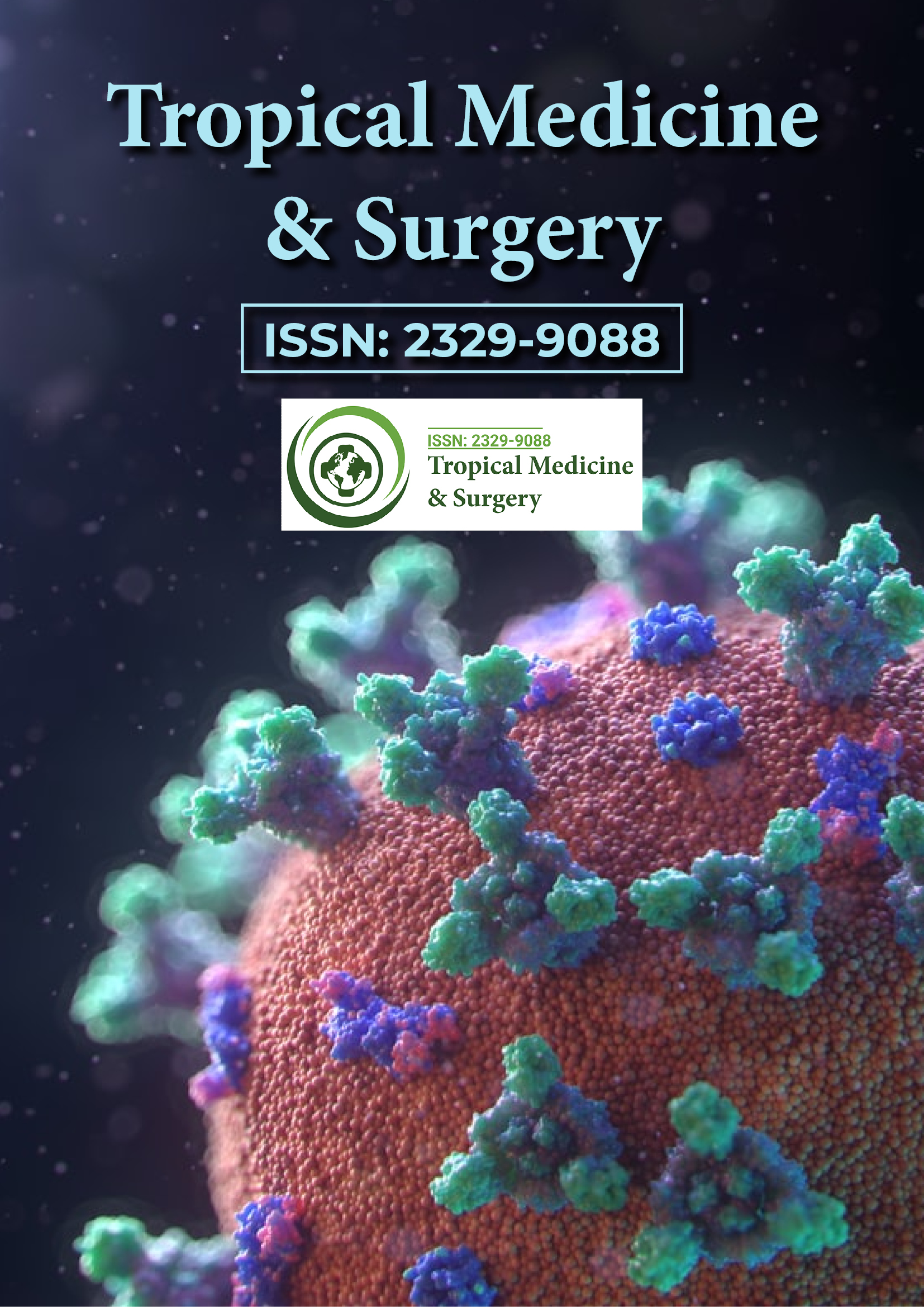Indexed In
- Open J Gate
- Academic Keys
- RefSeek
- Hamdard University
- EBSCO A-Z
- OCLC- WorldCat
- Publons
- Euro Pub
- Google Scholar
Useful Links
Share This Page
Journal Flyer

Open Access Journals
- Agri and Aquaculture
- Biochemistry
- Bioinformatics & Systems Biology
- Business & Management
- Chemistry
- Clinical Sciences
- Engineering
- Food & Nutrition
- General Science
- Genetics & Molecular Biology
- Immunology & Microbiology
- Medical Sciences
- Neuroscience & Psychology
- Nursing & Health Care
- Pharmaceutical Sciences
Abstract
Acute Transverse Myelitis and Dengue: A Systematic Review
Adriano Miranda de Sousa, Andre Landucci Politani, Gilberto Zaquine de Souza Junior, Raissa Mansilla Cabrera Rodrigues and Regina Maria Papais Alvarenga
Introduction: Dengue is the most common arboviral infection in humans, being a serious public health problem in tropical and subtropical countries. Neurological manifestations of this condition include acute infectious processes by direct action of the virus or post-infectious immune-mediated inflammatory processes. Despite its epidemiological characteristics and its main clinical signs and symptoms being widely known, there are few studies on the neurological manifestations of the disease, a number that is even lower when its association with transverse myelitis is investigated.
Objectives: To identify the association between dengue and transverse myelitis described in the literature through a systematic review, and compare the reported clinical, laboratory and epidemiological data.
Methods: It was performed a systematic review of the literature using the Pubmed, Lilacs and SciELO databases by the keywords: "transverse myelitis", dengue and "dengue hemorrhagic fever", including articles published up to October 2014. After applying the inclusion and exclusion criteria, two researchers worked independently and then had a consensus meeting to resolve any differences of opinion. Seven articles were selected for analysis.
Results: From the seven selected articles we could observe that the transverse myelitis related to dengue was mostly post-infectious, being that the most affected medullary segment was the thoracic and the majority of the clinical outcomes were favorable either spontaneously or after the use of methylprednisolone for the more severe cases.
Conclusion: Transverse myelitis and dengue fever are a rare combination; however, the dengue virus should be part of the differential diagnosis for infectious and post-infectious myelitis.
